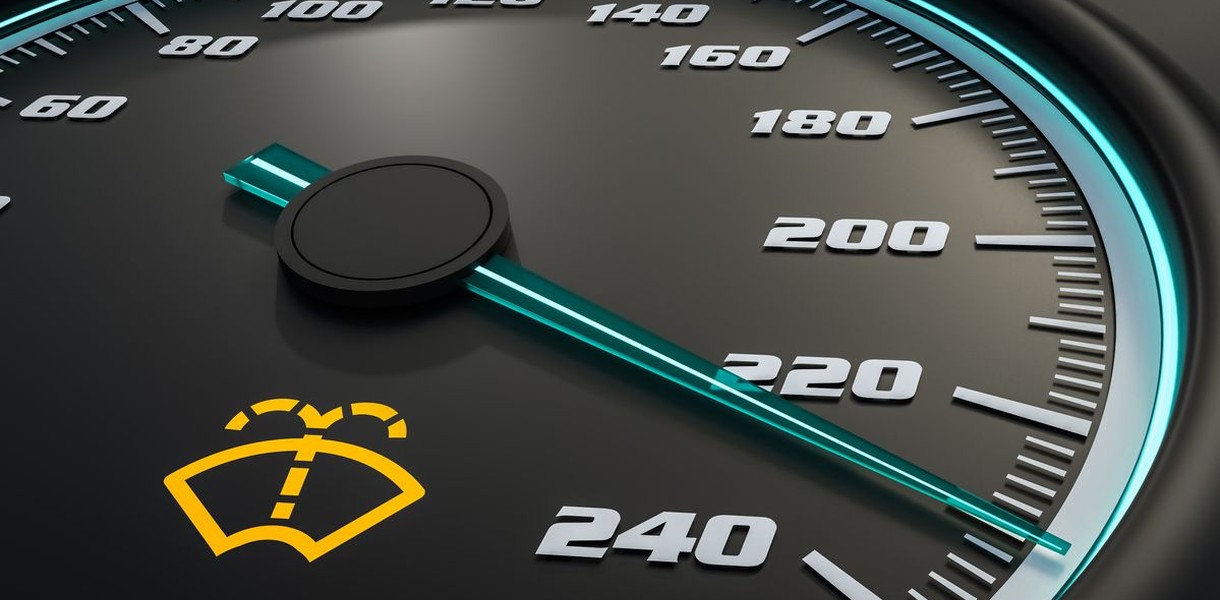Cars have become an indispensable part of everyday life, whether they are used for the daily commute to work, for long journeys on holidays or for everyday activities in the city. An important decision any car buyer has to make is choosing between a diesel or petrol engine. Although both types of engines are popular and well developed, the differences between them are significant and choosing the right engine for your needs can make a big difference in terms of performance, costs and environmental impact. In a time when technologies are advancing rapidly and environmental regulations are becoming increasingly strict, it is important to understand not only the fundamental differences between diesel and gasoline engines, but also how these differences influence the decision to purchase an cars. Whether you're interested in fuel consumption, maintenance costs or environmental impact, every aspect counts when it comes to making the best choice.
Contents:
- Diesel vs Petrol – Fundamental Differences
- Petrol or diesel – Advantages and disadvantages
- Diesel or petrol – Fuel performance and efficiency
- Diesel vs Gasoline – The choice according to the type of use
- Petrol vs diesel – Environmental impact and pollution norms
- Diesel vs Petrol Engine – Modern technologies and their influence on purchasing preferences
- Diesel or Gasoline Engine – Automotive Industry Trends and the Future of Diesel and Gasoline Engines
1. Diesel vs Petrol – Fundamental Differences
Both diesel and gasoline engines work on the principle of internal combustion, but there are some key differences in how they generate power.
Gasoline engines use sparks to ignite the fuel-air mixture, while diesel engines compress the air to a much greater degree, and the fuel is ignited by the heat generated by this compression. One of the main differences is the combustion efficiency.
Diesel engines are much more efficient in their use of fuel, because their combustion is more complete and efficient, which means that they have a lower consumption, compared to gasoline engines. At the same time, gasoline engines tend to be lighter and offer faster acceleration, which makes them more suitable for city driving and a dynamic driving style.
Diesel engines are usually more durable and have a longer useful life due to their robust construction, required to withstand high air compression. However, they can be noisier and less refined in operation. Also, diesel has a higher amount of energy per liter, which contributes to lower consumption over long distances.
2. Petrol or diesel – Advantages and disadvantages
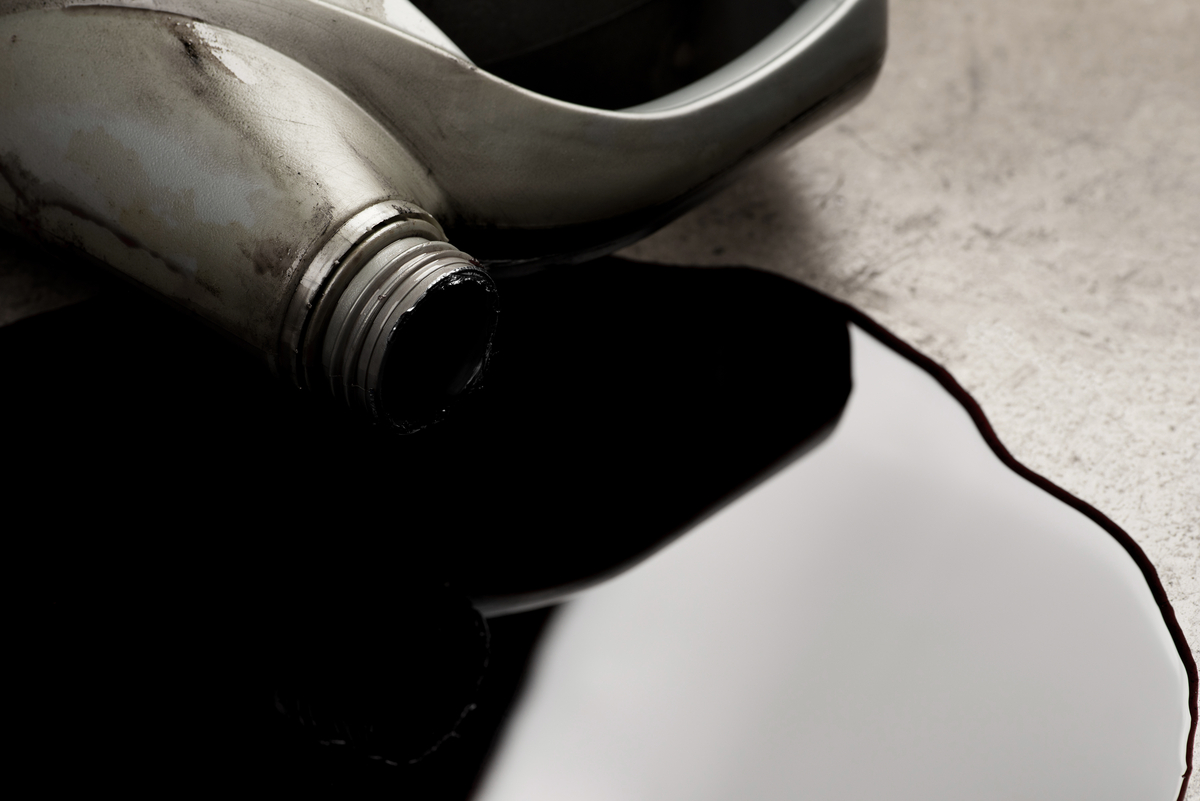
photo source: Shutterstock.com
Diesel engines offer a number of clear advantages, especially for long-distance commuters. These include the following:
- greater fuel efficiency – diesel engines are more economical, especially on the highway or in extra-urban driving conditions, due to reduced fuel consumption;
- durability – these engines tend to have a longer lifespan, making them a good choice for those who want a car that will last;
- high torque – diesel engines provide high engine torque at low revs, making them ideal for towing and utility vehicles;
- resistance to wear – thanks to the robust construction, diesel engines better withstand mechanical wear and intense stress.
On the other hand, these types of engines also have some disadvantages. Among the most notable are the following:
- higher purchase and maintenance costs – in general, diesel cars are more expensive than petrol cars, and maintenance can be – also – more expensive;
- nox emissions – diesel engines emit more particles and nitrogen oxides (NOx), which led to the introduction of strict pollution standards for these engines;
- noise and vibration – these engines tend to be noisier and produce more vibration compared to petrol engines.
Depending on your needs and preferences, these pros and cons can significantly influence your choice of a diesel engine.
Advantages and disadvantages of gasoline engines
On the other hand, gasoline engines continue to be preferred by many drivers due to their comfort and performance. Among the most common advantages are the following:
- better acceleration – petrol engines deliver superior power at high revs, which means they have quicker and smoother acceleration;
- quieter – these engines run more smoothly and are quieter than diesel engines, which contributes to higher driving comfort;
- lower purchase costs – in general, petrol cars are more affordable, having a lower purchase price compared to diesel cars;
- lower nox emissions – gasoline engines emit fewer harmful particles than diesel ones, being – in general – more environmentally friendly in big cities.
On the other hand, these types of engines also have some disadvantages. Among the most notable are the following:
- higher fuel consumption – petrol engines consume more fuel, especially in extra-urban or long-distance driving conditions;
- reduced durability – these engines are not as durable as diesel engines and may require more frequent repairs after a certain period of use;
- less torque – petrol engines provide less engine torque at low revs, which can negatively impact towing or off-road performance.
Depending on how much you drive, where you drive, and what performance you want, the pros and cons of gas engines can play a big role in your decision.
3. Diesel or petrol – Fuel performance and efficiency
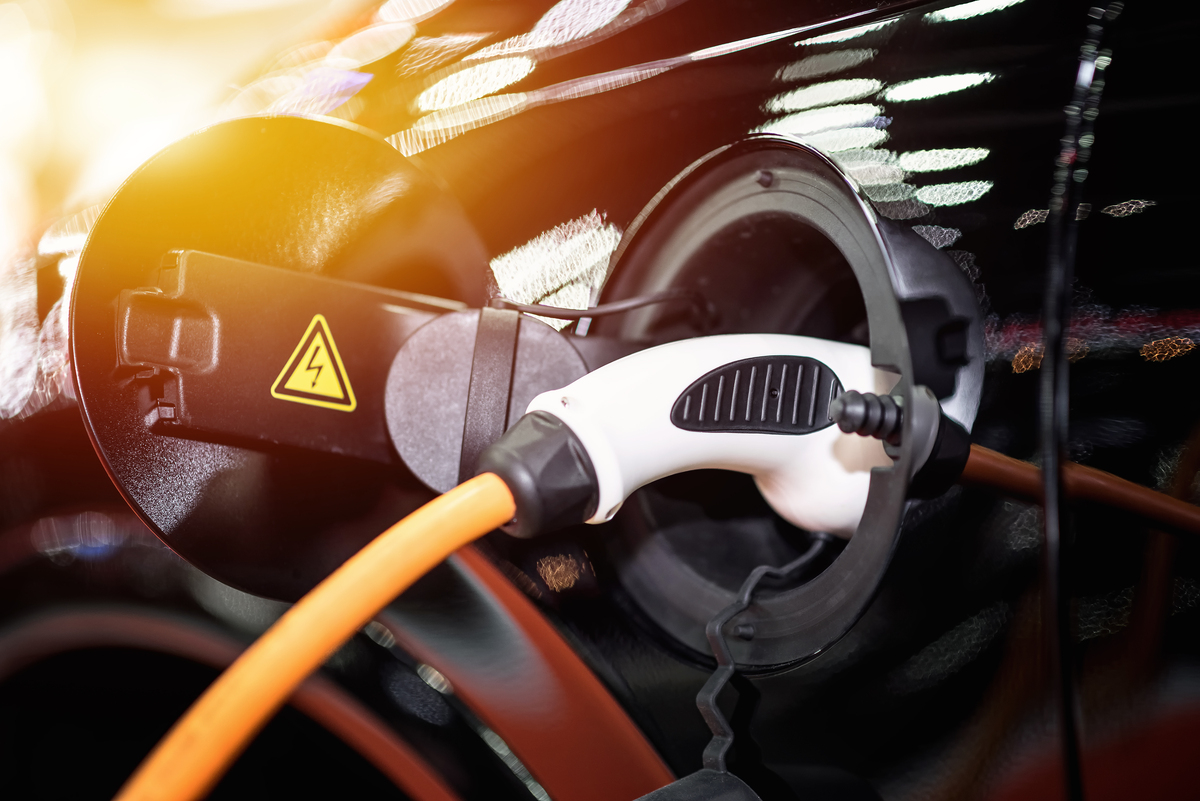
photo source: Shutterstock.com
Another important criterion in choosing a diesel or gasoline vehicle is fuel efficiency. Diesel has a higher energy density than petrol, which means that diesel vehicles can travel more kilometers on one liter of fuel. This is especially true for long trips and for those who spend a lot of time on extra-urban roads. Diesel engines are also considered more thermally efficient, allowing them to extract more energy from each drop of fuel. In contrast, petrol tends to be better suited to urban driving, where frequent stops and starts require quick response and smooth acceleration.
On the other hand, in terms of car sales , current trends show that there is a shift towards electric and hybrid cars due to concerns about environmental impact and strict carbon emissions regulations. This may affect the choice between diesel and petrol in the future, especially for those looking to invest in a car for the long term.
4. Diesel vs petrol – The choice depends on the type of use
When it comes to choosing a diesel or petrol engine, the type of use plays a key role. Here's how this factor influences the decision:
- urban driving - for those who drive - mainly - in the city, petrol engines are often a better choice. They offer quick acceleration, are quieter and have lower short-term maintenance costs. Also, being more environmentally friendly in cities, petrol engines are a better option for congested urban areas, where emission norms are stricter;
- extra-urban driving – if you drive long distances or use the car outside the city, a diesel engine may be more suitable. Low fuel consumption and high torque at low revs make these engines ideal for motorways and long roads. Also, if you own a caravan or trailer, the torque of the diesel engine will give you superior traction;
- mixed driving – if your driving style is mixed, i.e. you combine urban and extra-urban driving, the choice depends on the frequency of each type of road. For most drivers who alternate between city and long-distance driving, a petrol engine may be a more balanced solution, but if you do a lot of long-distance driving, the diesel engine can offer significant fuel savings.
5. Petrol vs diesel – Environmental impact and pollution norms
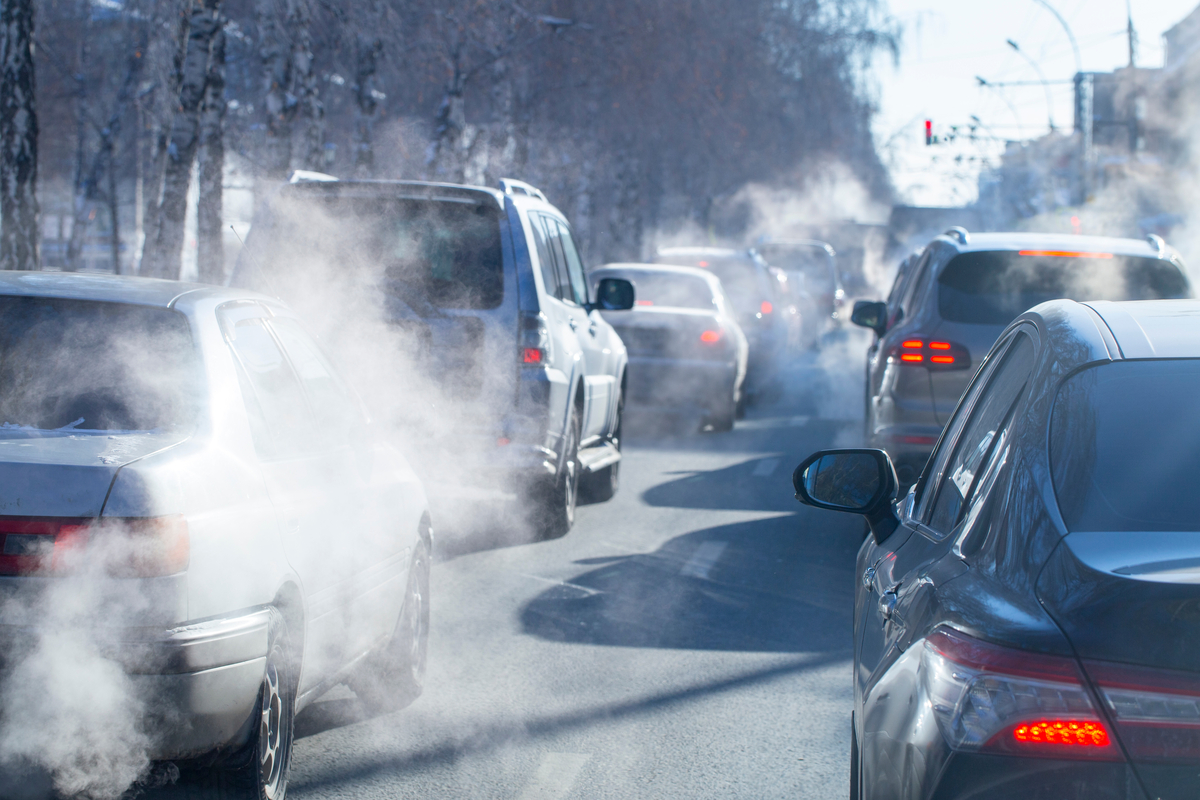
photo source: Shutterstock.com
Carbon emissions and pollution standards are increasingly important factors in the automotive industry. Diesel engines have been criticized for high emissions of nitrogen oxides and harmful particles, which is why many European cities have started to ban or restrict the circulation of older diesel cars. In contrast, petrol engines produce fewer particulates but have higher CO2 emissions per liter of fuel burned.
However, modern technologies such as diesel particulate filters and catalytic reduction systems have greatly improved their emissions performance.
Today, both diesel and gasoline engines must meet strict pollution standards, making the differences in environmental impact less significant than in the past.
6. Diesel vs Petrol Engine – Modern technologies and their influence on purchasing preferences
Technology played an important role in the development of both types of engines. Direct injection systems, variable geometry turbines and particulate filters have brought significant improvements to both diesel and petrol engines. These innovations made the engines more efficient, cleaner and better performing. In addition, hybrid and electric cars are gaining more and more ground, and many people prefer these alternatives to reduce emissions and save fuel in the long run.
However, for those who prefer traditional vehicles, diesel and petrol engines remain viable options, and their choice largely depends on personal needs and budget.
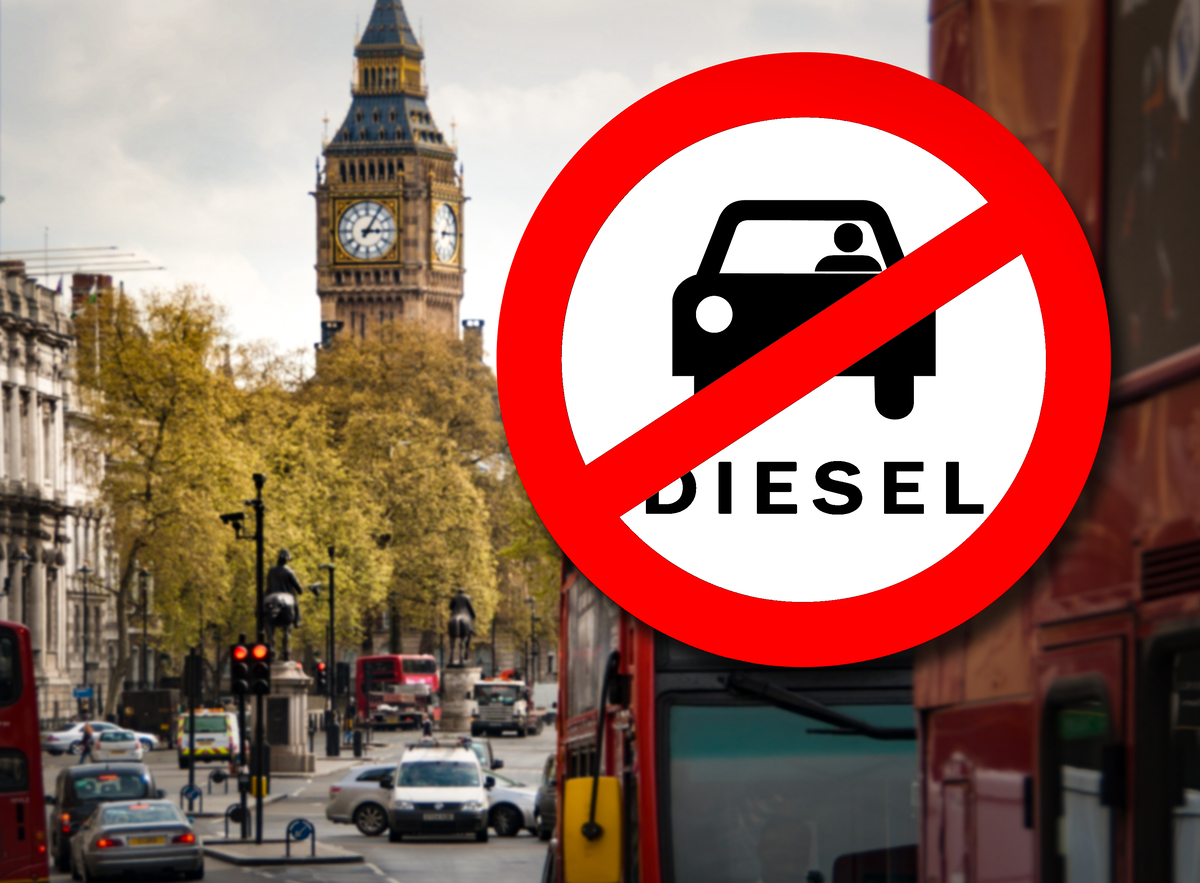
photo source: Shutterstock.com
The automotive industry is undergoing a major transformation, driven by environmental concerns and technological progress. In Europe, sales of diesel cars have fallen significantly in recent years, and many countries have begun to adopt policies to encourage the purchase of electric or hybrid vehicles.
However, in certain regions and for certain types of users, diesel engines remain a preferred choice due to their efficiency and durability.
In conclusion, the choice between diesel versus petrol largely depends on the type of use of the car, personal preferences and budget. Diesel engines offer fuel economy and durability, while petrol engines are more affordable and offer a more refined driving experience. As technologies continue to advance and pollution regulations become more stringent, the future of petrol and diesel cars will depend on their ability to adapt to the new demands of the automotive market.
